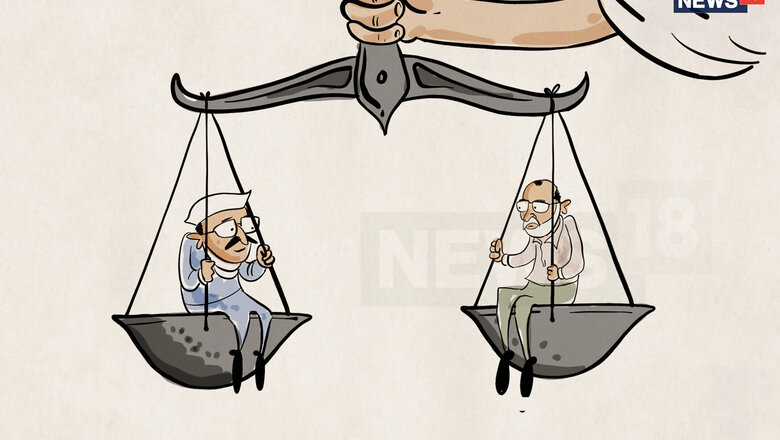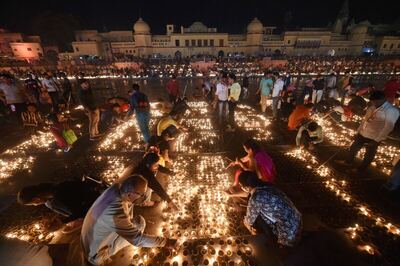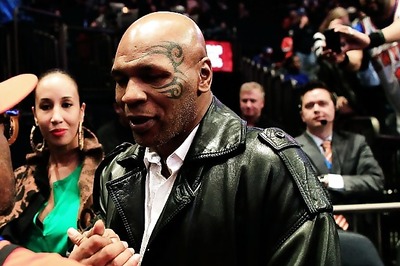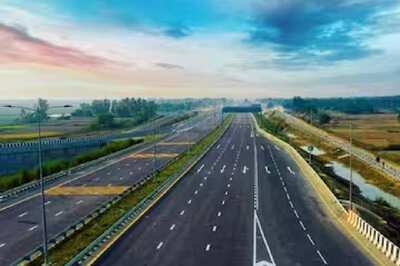
views
New Delhi: In a landmark verdict on the power tussle between the Delhi government and the Centre, the Supreme Court on Wednesday held that Lieutenant Governor Anil Baijal does not have independent decision-making powers, and is bound to act on the aid and advice of the Council of Ministers. It said all decisions of the Council of Ministers must be communicated to the L-G but that does not mean his concurrence is required.
Here the key questions that the court answered
Is this judgment a victory for the AAP?
The Supreme Court constitution bench of five judges headed by CJI Dipak Misra has indeed for the first time outlined the powers of a Lieutenant Governor. It has stated that if “legitimate decisions of legislators is delayed by L-G, collective responsibility of government stands negated". It has also stated that L-G is bound by aid and advice of Council of Ministers. This is indeed a big departure from the August 2016 Delhi HC verdict which stated that L-G is not bound by the aid and advice of the state government.
But what about the Proviso to Clause 4 of Article 239 AA which was one of the primary points of argument?
The proviso to clause (4) of Article 239AA states that when there is a difference of opinion between the L-G and his ministers on “any matter" then such a matter needs to be elevated to the President. It was argued by the Delhi government that L-G may “discover difference" or make them up with his ministers and refer them to the president. In such a situation, the government of Delhi cannot function or would so at snail pace.
However, in the verdict by CJI Dipak Misra, Justice AM Khanwilkar and Justice Sikri, it has been held that words “any matter" employed in the proviso to clause(4) of Article 239AA cannot be inferred to mean “every matter".
The court has stated that power under this proviso “is not a rule but an exception". But what remains as a grey area is what would be the parameter to determine what would that exception be.
However, another important highlight of the verdict now is that the L-G will have to record reasons why it is differing from the decisions of the council of ministers before elevating the matter to the President. This record of reasons may also be subject to challenge later in a court.
Will each decision stalled by the L-G merit judicial interference where it would need to be determined what was an exception and why L-G was or was not acting in a mechanical manner?
Does this verdict has retrospective ramifications?
In August 2015, a notification revising the minimum rates of agricultural land was issued by the Revenue Department of the Delhi government. The Circle rates of agricultural land in Delhi were effectively hiked. This too was opposed by the Lt Governor.
Another notification by the Directorate of Vigilance of the Delhi government, was issued under the Commissions of Inquiry Act, 1952. An inquiry commission to probe the CNG fitness scam was set up through this notification and was objected to by Jung. Three petitions against this notification were filed before the Delhi High Court.
All the petitions filed against these notifications were on the ground that they were not placed before the Lt Governor for his views.
Apart from this, other Delhi government orders struck down by L-G were to increase stamp duty and circle rate of agricultural land, Suspension order of two DANICS officers by Satyendra Jain, proposal to introduce app-based bus aggregator service in city, and doorstep delivery of ration.
Now all these schemes would have to be re-introduced by the Delhi cabinet and presented before the L-G. If these files are in any case not cleared by the L-G yet again, then the only recourse for AAP would be to approach the court and cite the constitution bench judgment of the SC where L-G has been asked “not to be an obstructionist".
However, the present verdict does not have a retrospective effect.
Apart from judicial fetters on the powers of LG, does the verdict lay down why LG is important in Delhi?
Today’s verdict lays down that the Lieutenant Governor must abide by the aid and advice tendered by the Council of Ministers and, in the event of a difference of opinion, refer the matter to the President for decision.
Now in matters which lie outside the legislative powers of the legislative assembly, the Lieutenant Governor has to act in accordance with the entrustment or delegation that has been made to him by the President under Article 239.
The court also states that all that law mandates is that the L-G is kept informed of decisions taken by the Delhi government, just that and nothing else.
“The scheme that has been conceptualized by the insertion of Articles 239AA and 239AB read with the provisions of the GNCTD Act, 1991 and the corresponding TBR, 1993 indicates that the Lieutenant Governor, being the Administrative head, shall be kept informed with respect to all the decisions taken by the Council of Ministers. The terminology “send a copy thereof to the Lieutenant Governor", “forwarded to the Lieutenant Governor", “submitted to the Lieutenant Governor" and “cause to be furnished to the Lieutenant Governor" employed in the said rules leads to the only possible conclusion that the decisions of the Council of Ministers must be communicated to the Lieutenant Governor but this does not mean that the concurrence of the Lieutenant Governor is required," reads the order.
This highlights that concurrence of L-G would not be required in decisions taken by council of ministers by the aspect of elevating issues to the President still remains untouched and the L-G still has the power to stall files and take it up with the president but now an additional requirement would be to prove that decision was taken as it was not a “legitimate" decision and that it indeed was an “exception" being adhered to.
Has the court put out a way to resolve the dispute between the L-G and the Delhi government?
Though the court has not explicitly debarred the L-G from interfering in decisions taken by the Delhi Govt, however the court has now stated that discussion and dialogue would be the way out to resolve disputes between Delhi Govt and L-G.
“The difference of opinion between the Lieutenant Governor and the Council of Ministers should have a sound rationale and there should not be exposition of the phenomenon of an obstructionist but reflection of the philosophy of affirmative constructionism and profound sagacity and judiciousness," wrote CJI Dipak Misra.


















Comments
0 comment